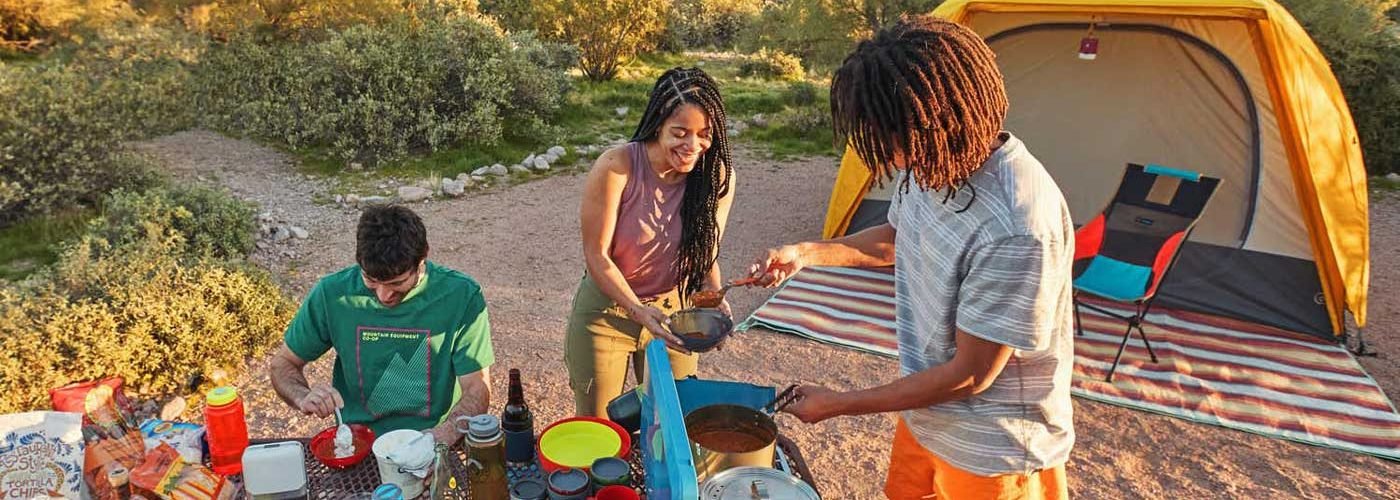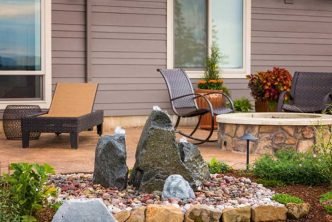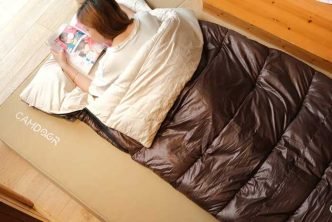Camping is a fantastic way to connect with nature and other people as you experience incredible places. However, camping can also be unpleasant if you come unprepared. This article lists some of the most essential items you should bring on a camping trip. Check them out!
Table of Contents
Tent
Tents are a must when camping. They shelter you from storms, snowstorms, heavy dew, and other environmental hazards like high winds. Even if you want to sleep under the stars, bringing an emergency tent is always a wise decision. Whatever kind of tent you bring, always ensure that you have all the necessary accessories to put it up, such as ropes, stakes, and poles.
Sleeping Bag or Air Mattress
At night, temperatures fall significantly and you need something to keep you warm. Sleeping bags and air mattresses get the job done. They also protect you from nocturnal insects that may irritate your skin and body.
In the case of air mattresses, you should bring something suitable for the camping type you do. Air mattresses are great investments: they’re multipurpose, highly portable, and suitable for different terrains. If you’re not sure what to buy, this guide tells you all you need to know about most durable air mattress for camping.

Cooking Kit
You don’t want to starve when camping. While you can get creative when cooking food with nature, it’s still more convenient to bring essentials, such as:
- Stove and fuel
- Matches or lighter
- Pots and pans
- Knife
- Mess kit
- Sponge
- Cooler
If you’re traveling in bear country, bring a bear canister to store your food.
First Aid Kit
A long day of hiking, trekking, and camping can cause minor injuries such as blisters or wounds that require bandages. Small cuts and scrapes are also common.
As a result, you should never forget to bring a first aid kit. If such minor injuries are left untreated, they can quickly turn into major health issues — don’t take that risk, especially when you’re miles away from home.
A good first aid kit includes other necessities like:
- Adhesives
- Gauge
- Soap
- CPR mouth barrier
- Scissor
- Emergency whistle
While you’re at it, don’t forget to bring insect repellent and sunscreen.
Maps or Compass
If you’re camping in secluded and remote areas, it’s best to bring a map, a compass, or a charged GPS. Navigation is one of the most important survival skills to learn. Even if you’re a seasoned camper or hiker, the chances of getting lost or disoriented are significant.
If you come unprepared, you might have a truly tough time finding your way back to safe grounds. This is extra difficult since you have a limited supply. If you need to wander into roads untravelled, it’s best to ensure you have a way back to safety.
Toiletries
Never forget your toiletries! Apart from the usual — toothpaste, toothbrush, napkins, towel, soap, etc. — toilet paper is invaluable. Bark and leaves are poor substitutes when it comes to comfort and cleanliness.
If you’re worried about the environmental impacts of using toilet paper, biodegradable ones are available. You can also bring a refuse bag for disposal.
Other first aid kit items you should bring include:
- Deodorant
- Body or face wipes
- Hand sanitizer
- Camp shower
- Flip flops
- Clothesline
Appropriate Clothing
When camping, you have finite supplies and resources, including clothes. As such, it’s crucial to bring ones that are truly appropriate for the weather and activities you’ll do. Keep your clothes dry, too, especially if you’re camping in locations with cooler climates. You want to avoid hypothermia in every way possible.
To that end, bring lightweight and waterproof clothing if you can. Make sure you can add or remove multiple layers of clothing if necessary.
Light Source
Campfires are awesome, but they don’t brighten up a large area of land. Bringing other light sources such as lamps, flashlights, and lanterns is more convenient and practical. You can take them anywhere, especially when searching for items in the middle of the night. Headlamps are best for many campers because they can be used hands-free.
Waterproof Cases
If you’re bringing gadgets like smartphones, cameras, and others, it’s best to bring waterproof cases and storage to avoid water damage or roughing them up. This will give you peace of mind when hiking in damp terrains. You can also freely document your camping trip more flexibly.





